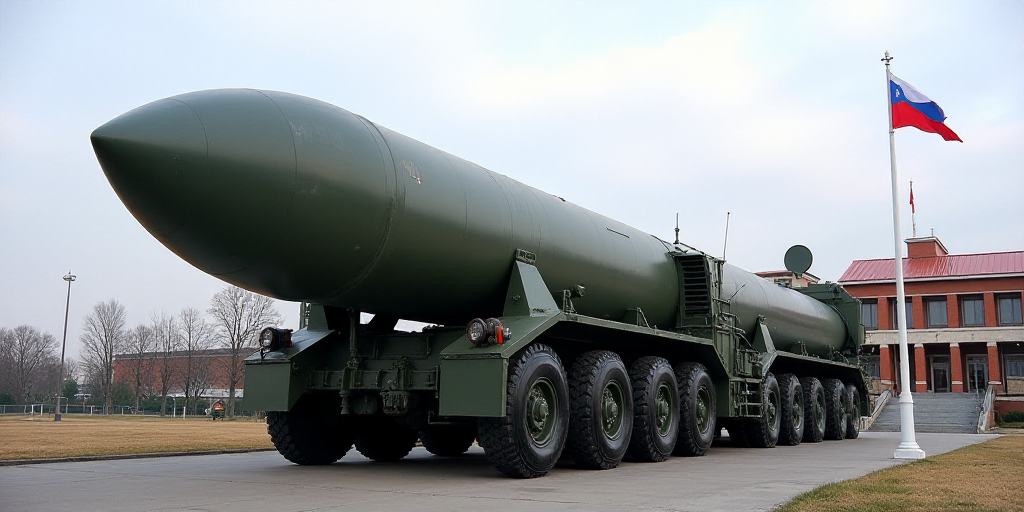Background on Key Figures and Context
Iran’s Minister of Foreign Affairs, Abbas Araqchi, announced that Iran intends to cooperate with the International Atomic Energy Agency (IAEA) despite restrictions imposed by its Parliament. This development comes after a series of Israeli and U.S. airstrikes targeting Iran’s nuclear program, which Western countries claim aims to build an atomic weapon. However, Iran maintains its nuclear program is solely for peaceful purposes.
Iran’s Nuclear Program and International Concerns
The recent legislation in Iran requires the approval of the Supreme National Security Council (SNSC) for any IAEA inspections of its nuclear facilities. This decision stems from concerns over the security implications of allowing international inspectors access to nuclear sites, especially following the airstrikes.
Iran’s Conditions for Cooperation with IAEA
According to Araqchi, any future negotiations regarding Iran’s nuclear program will necessitate cooperation with the IAEA. However, Iran will not accept any nuclear agreement that does not allow uranium enrichment. Araqchi emphasized that Iran will only engage in limited discussions about its nuclear program, excluding defense-related matters such as its missile capabilities.
International Support and Reactions
There have been conflicting reports about Russia’s stance on a potential agreement. Axios cited sources suggesting that President Vladimir Putin supported the idea of a deal prohibiting Iran from enriching uranium. However, Tasnim news agency quoted an informed source denying any such communication from Putin to Iran.
Iran’s Concerns Regarding Sanctions and Future Negotiations
Araqchi stated that Iran is carefully examining the details of resuming nuclear talks with the U.S. and seeking assurances that Washington will not resort to military force again. He also warned that any attempt by the UK, France, and Germany to reimpose international sanctions on Iran through a “snapback” mechanism under the previous nuclear agreement would end Europe’s role in Iran’s nuclear issue.
Timeline and Potential Consequences
Under the terms of a UN resolution supporting the 2015 nuclear deal, the UK, France, and Germany could reinstate UN sanctions against Iran before October 18, 2025. This possibility adds another layer of complexity to the already tense situation.
Key Questions and Answers
- What is the main issue at hand? Iran’s willingness to cooperate with the IAEA while maintaining its right to enrich uranium, amidst international concerns about its nuclear program.
- What are the conditions set by Iran for cooperation with the IAEA? Iran will only accept limited discussions on its nuclear program and will not agree to any agreement that restricts uranium enrichment.
- What are the security concerns raised by Iran regarding IAEA inspections? Iran is worried about the risks of radiation leakage and potential explosions at its nuclear sites, prioritizing the safety of both its facilities and IAEA inspectors.
- What is the international community’s stance on Iran’s nuclear program? Western countries believe Iran’s nuclear program aims to develop atomic weapons, while Iran insists it is for peaceful purposes only.
- What are the potential consequences of reimposing international sanctions on Iran? It could end Europe’s involvement in the nuclear issue and further strain relations between Iran and Western powers.






